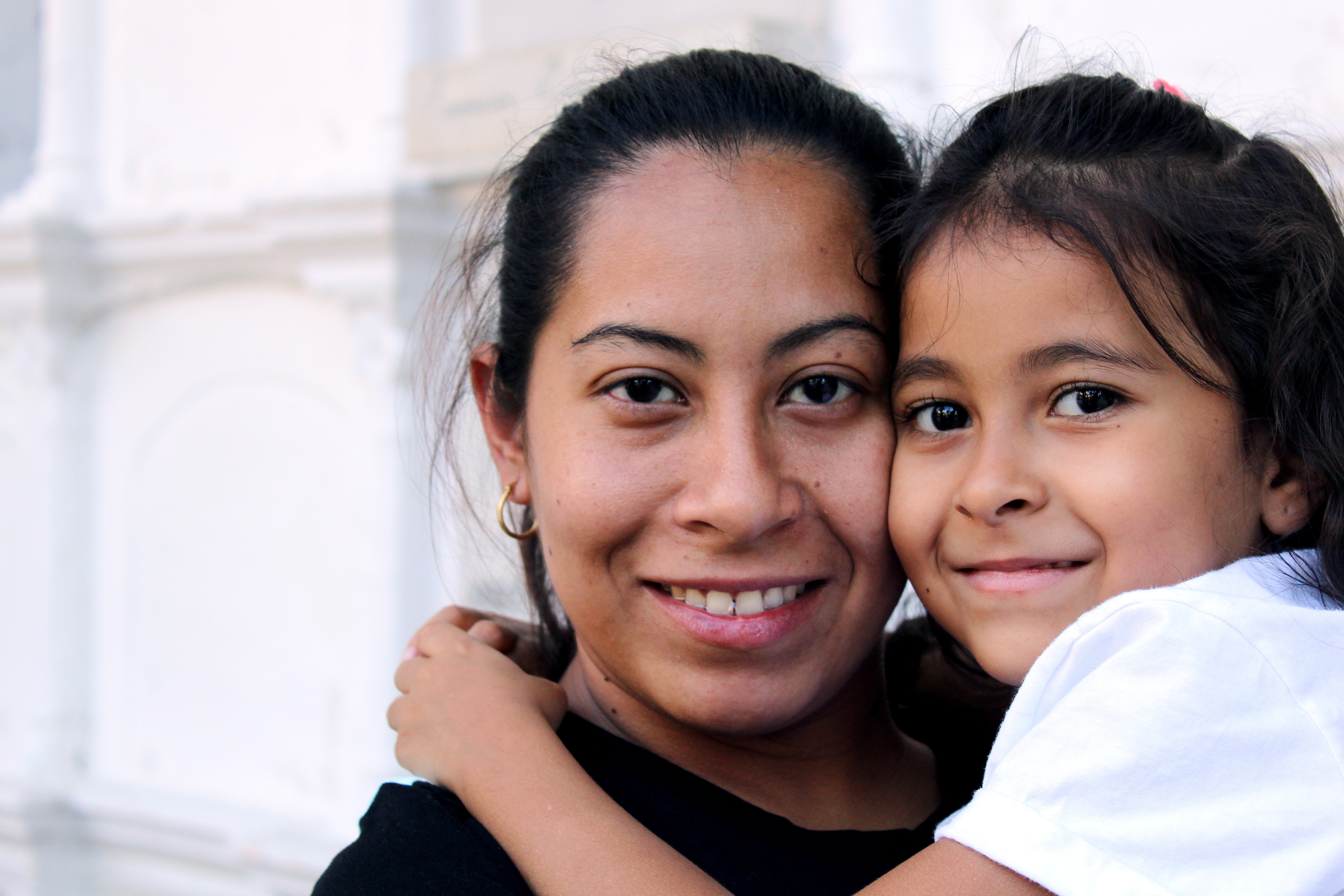
Adults who parent or teach gifted children often face difficult conversations. Students who reason, read, or debate beyond their peers are usually full of questions. However, since gifted children tend to be at higher risk for bullying than those who blend in with their peers more easily, the ability to speak freely and confidently with them about bullying is crucial. Honest conversations about bullying can help stave off a vicious situation, enable a child to help a classmate, or even help prevent a gifted child from becoming a bully him or herself.
Laying the Groundwork for Lasting Change
As with any potentially uncomfortable topic, it’s best to speak forthrightly about bullying with any child, gifted or non-gifted. Preparing a child for the harsh reality of bullying in a non-threating manner can be a way to ward off future entanglements. Children who understand what bullying is are better equipped to identify it.
Gifted children especially might be sensitive to the relationships and contextual details of the world around them. Gently letting them know that they might see shifting friendship and upsetting behavior could allow them to prepare emotionally. Worry about such events can be alleviated by preparing a plan for if they encounter bullying, making a list of trusted adults they can alert, or developing responses to use in the event they are bullied.
Consider Not Labeling a Situation as “Bullying”
When children experience bullying, they may be reluctant to categorize it as such. It’s possible they might freeze up when the term appears. The student may feel humiliated about specific events, live in fear of repercussions if they tell on a peer, or become upset about the treatment of a close friend.
Older children especially might not want to identify with a subject usually so authority-oriented. Those who are in middle school range and beyond are usually at an age in which they begin to consciously separate from their parents in favor of peer groups, even gifted children, who may develop emotionally and socially at different rates. In their hesitation to “choose sides” between adults in authority and the peers they see every minute of each school day, they may think twice about who has their loyalty. Socially developing students who hear parents, teachers, administrators, and educational media stress the term “bullying” might automatically place it into the realm of “uncool topics adults worry about,” and therefore not a subject they wish to discuss with a them.
The best way to ask a child about a specific bullying situation, then, might be to speak about it obliquely. Questions such as “Where has your friend X been lately?” and “I hear that there was some drama in the lunchroom earlier this week” might be a better way to begin a conversation. Flat out beginning with “Are you being bullied?” or “Is X a bully?” can easily overwhelm a child, particularly a gifted one who might be struggling with issues of justice and violence.
Teaching Kids to Help Others
Even if a specific student is neither a bully nor a bullying victim, he or she is still doubtless exposed to it in the classroom, on the playground, or at after-school activities.
However, bullying is rarely a cut and driedevent. It’s often much more involved than one child who is bullied and one child or group of children who are the perpetrators. Children who even witness or hear about bullying are affected by it, and their response to it can help stem bullying.
If a student sees a trail of nasty comments posted on a classmate’s social media account, for example, he or she now has one of several options. The child can do nothing, report the situation, comfort the bullied, or join in the bullying. Many students might be tempted to ridicule their classmates in an attempt to avoid becoming bullied themselves. Role playing with a child can help him or her prepare for how he or she might respond.
Working with the child to develop concrete plans of action are helpful. Using a gifted child’s talents to his or her advantage is a strong way to ensure he or she is engaged in the topic. For example, if the child is athletically gifted, he or she might choose the bullying target forhis or her team.
What If My Child Is the Bully?
It’s horrifying for any parent to contemplate, but with the prevalence of bullying in schools, at least one child is acting as the perpetrator. It’s important to remember that not all bullying is physical. Older children might bully others via verbal abuse, cyberbullying, or targeted ostracism.
Since cyberbullying and relational bullying in particular often operate beneath the radar of adults, and is prevalent amongst girls, some adults who are parents of physically slight or otherwise well-behaved children might not even imagine the prospect that their child is aggressive towards others. Gifted children can become bullies as well: Their outstanding verbal, athletic, technical or argumentative gifts might become misused in a bid to cement or elevate their social standing.
When parents are alerted that their child might have participated in mistreating another, it’s important to speak to the student to assess his or her version of events. Emphasizing empathy and proper anger management techniques is an important part of encouraging the child to take responsibility for his or her role in the bullying.
Children bully for a wide variety of reasons. They may do so if they themselves are bullied in a non-school environment, because they are angry, weathering major changes such as a parental divorce, or lashing out at a world which worries or confuses them. Ordering about or establishing power over another child may help them feel more in control. While the motives behind their actions don’t absolve them of accountability, asking such questions as “What might you have been angry about lately?” can help reach the behavior’s source. Developing a range of healthy ways to process these emotions can help a child cope more effectively.






